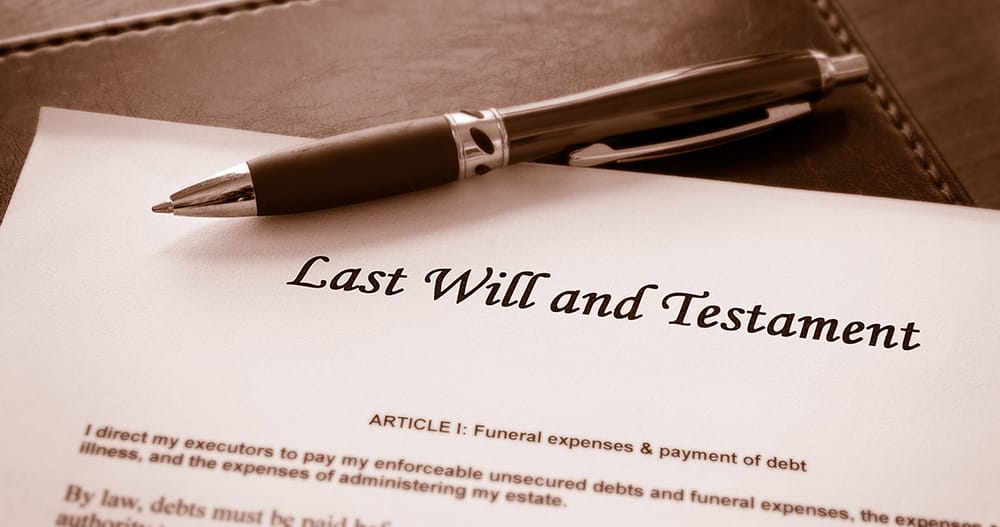Given the long and harsh winters that Canada is known for, it is not surprising that many Canadians (especially seniors) look for a way out for all or some of those bitter cold and snow-filled months. As such, it is not uncommon for Canadians to own second homes or vacation properties in warmer destinations like Florida.
When it comes to estate planning, individuals owning property in different jurisdictions have to be aware of the rules that apply in those jurisdictions with respect to their disposition of property on death. Often times it makes sense for Canadians to have multiple Wills – for example, a Canadian Will dealing with assets in Canada and a U.S. Will dealing only with assets located in the U.S. The use of multiple Wills is a tool that may speed up and simplify the process of an estate administration.
For estate planning purposes, Canadians with homes in Florida should consider whether or not a “Lady Bird” deed is an appropriate estate planning tool for them. Florida – along with a few other states — allow for Lady Bird deeds (i.e., enhanced life estate deeds).
Named after former First Lady – Lady Bird Johnson – this type of deed enables property owners in Florida to transfer their real property to a person or group of persons at their death but to retain the right to sell, mortgage or otherwise use the property during their lifetime. At the death of the property owner, if the deed remains unchanged, the remainder beneficiaries simply file the death certificate of the property owner in the land records office and the property is transferred to the remainder beneficiaries without the need for probate.
By way of example…suppose parents own a home in Florida and want to leave it to their three children at their death. If the parents execute a Lady Bird deed, they continue to use the home during their lifetime and retain the right to sell the home while at the same time identifying their three children on the deed as remainder beneficiaries. If the parents keep the home and make no changes to the deed, at their death the children are able to receive the transfer of the property upon the presentation of a death certificate and without the need for filing for probate (or paying probate fees).
An option worth considering. Please note, however, there are nuances and details that are relevant to Lady Bird deeds. As such, appropriate legal guidance from a qualified Florida lawyer should be sought when deciding whether this type of deed is right for you.
For more information, please contact Pinelopi Makrodimitris at 613-563-6693 or by email at [email protected]








